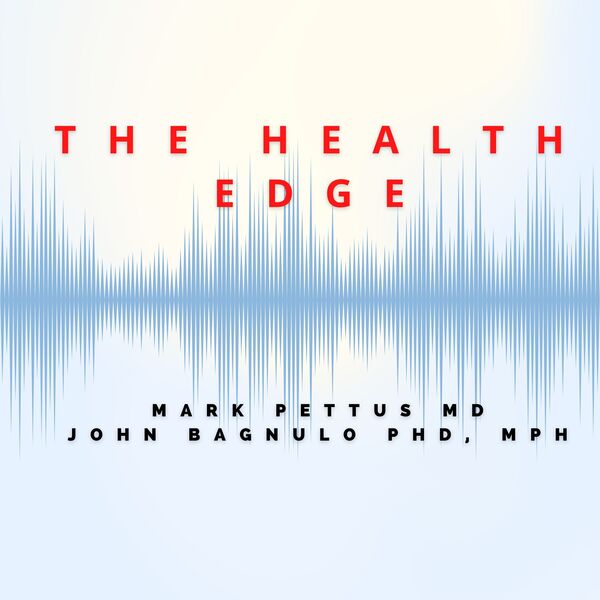 In this episode of The Health Edge John and Mark explore the science of risk-benefit as it relates to the daily use of multivitamin-antioxidant supplements. The discussion focuses on an important concept (hormesis-delicate balance or homeostasis of biologic systems) of managing free radicals from excessive oxidative stress which is known to accelerate aging and increase disease risk. The question is whether the evidence supports daily “multi” use as an effective strategy to prolong life, protect a poor diet, and to reduce the risk of heart disease, cancer, Alzheimer’s, etc. Enjoy!
In this episode of The Health Edge John and Mark explore the science of risk-benefit as it relates to the daily use of multivitamin-antioxidant supplements. The discussion focuses on an important concept (hormesis-delicate balance or homeostasis of biologic systems) of managing free radicals from excessive oxidative stress which is known to accelerate aging and increase disease risk. The question is whether the evidence supports daily “multi” use as an effective strategy to prolong life, protect a poor diet, and to reduce the risk of heart disease, cancer, Alzheimer’s, etc. Enjoy!
 Antioxidant Balance Review (for the true biochemistry geek!)
Antioxidant Balance Review (for the true biochemistry geek!)
Multivitamins and Prevention of Heart Disease in Men. JAMA 2012


2 thoughts on “The Health Edge 34: Daily Multivitamin and Antioxidant Supplements- Is there any value?”